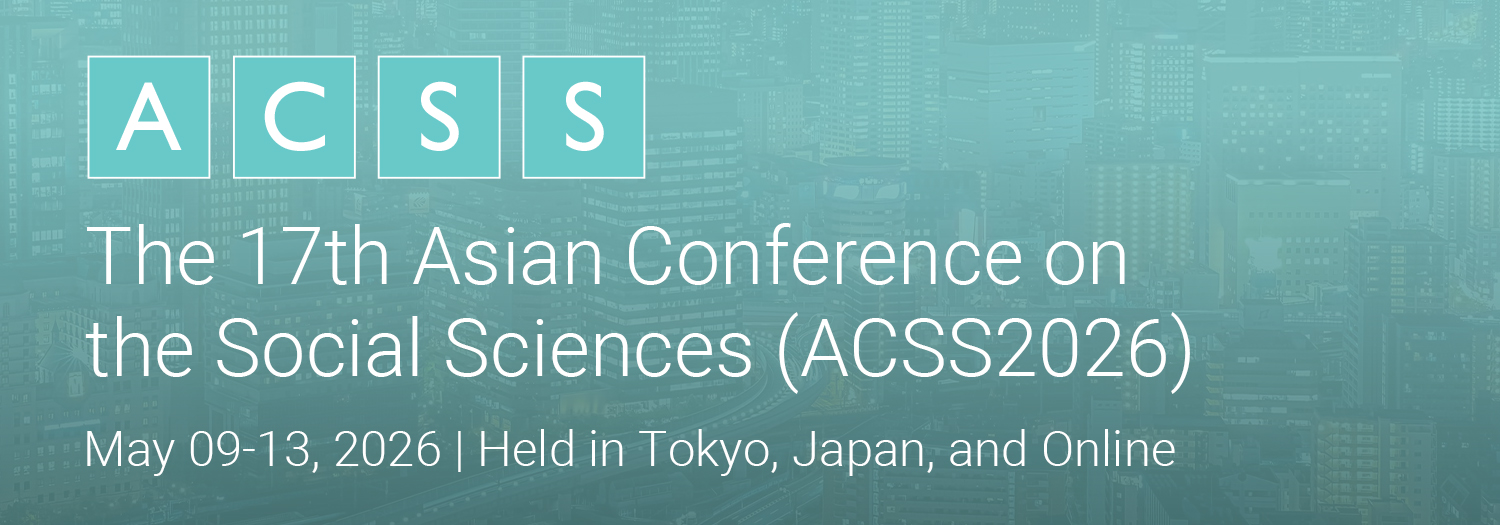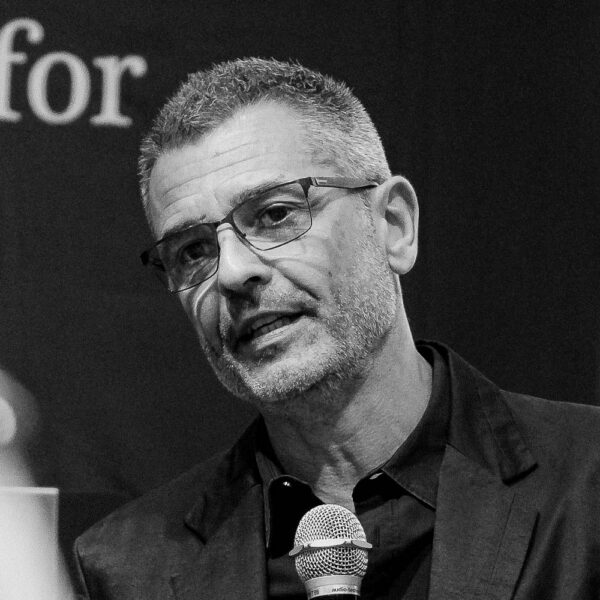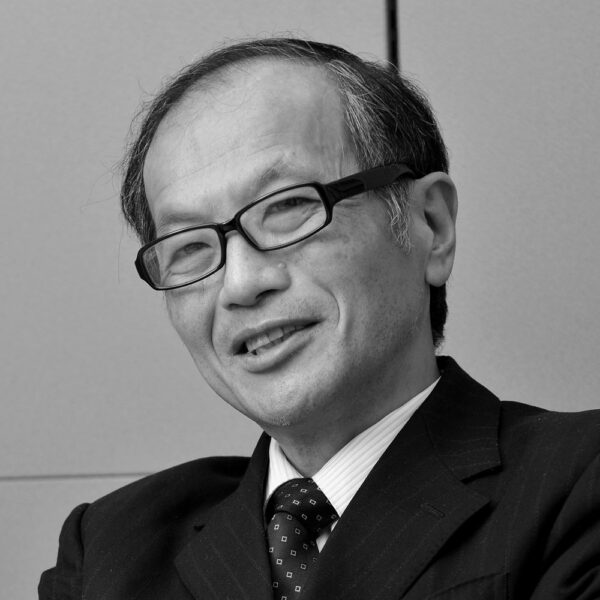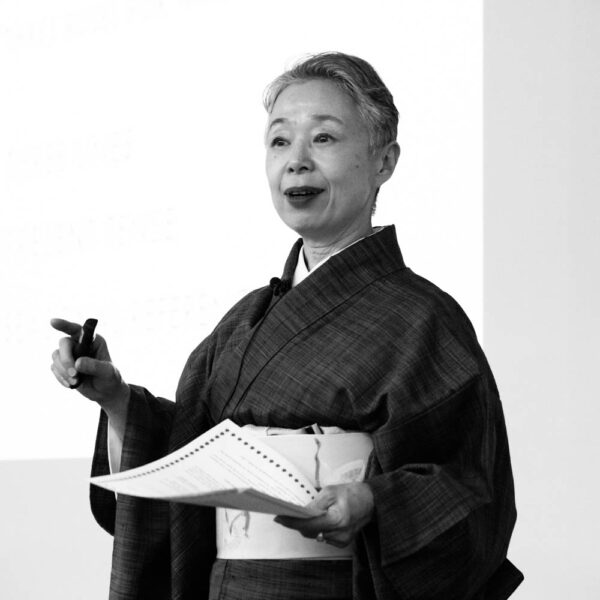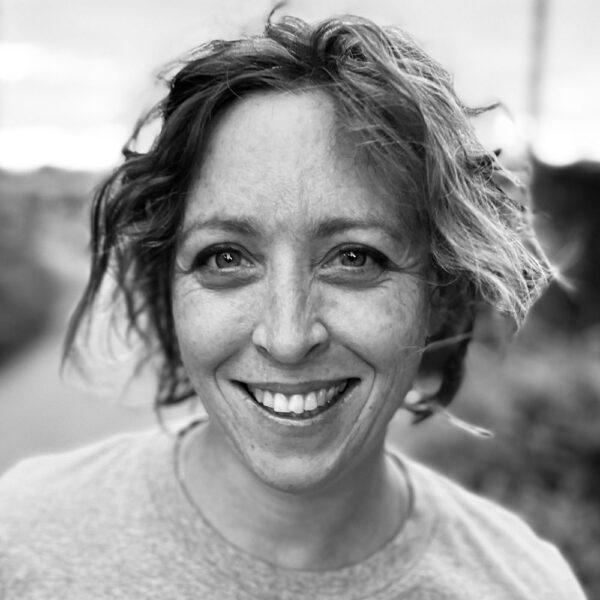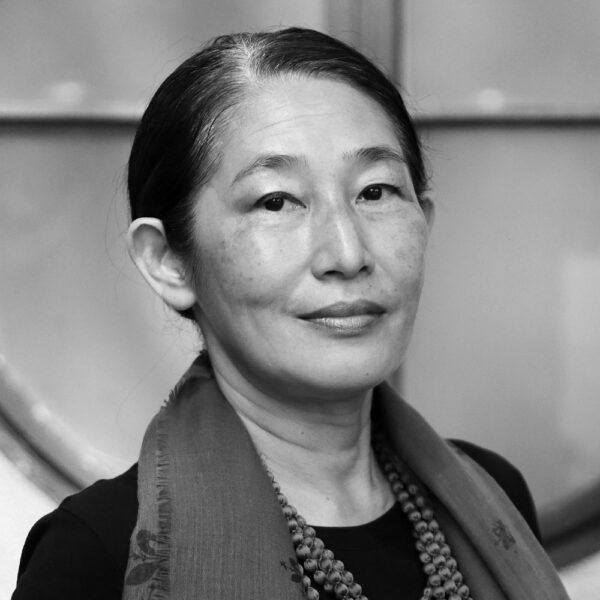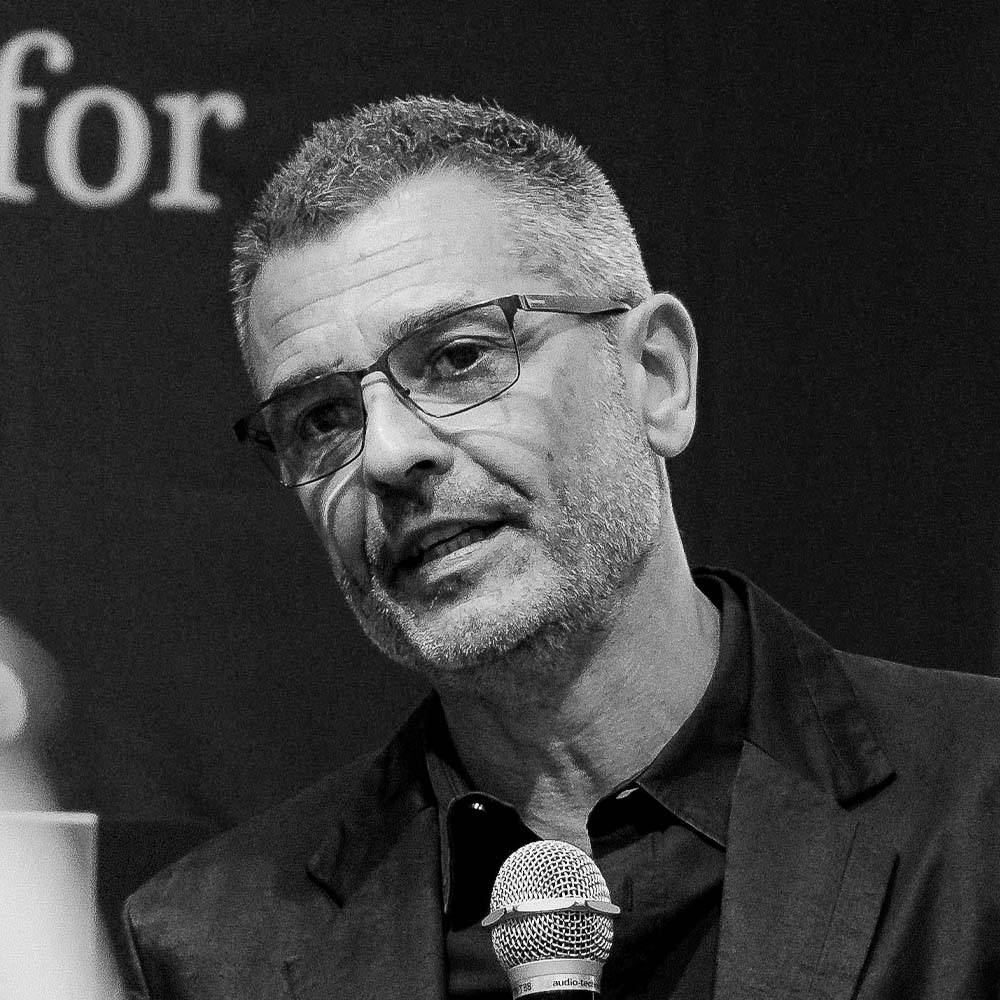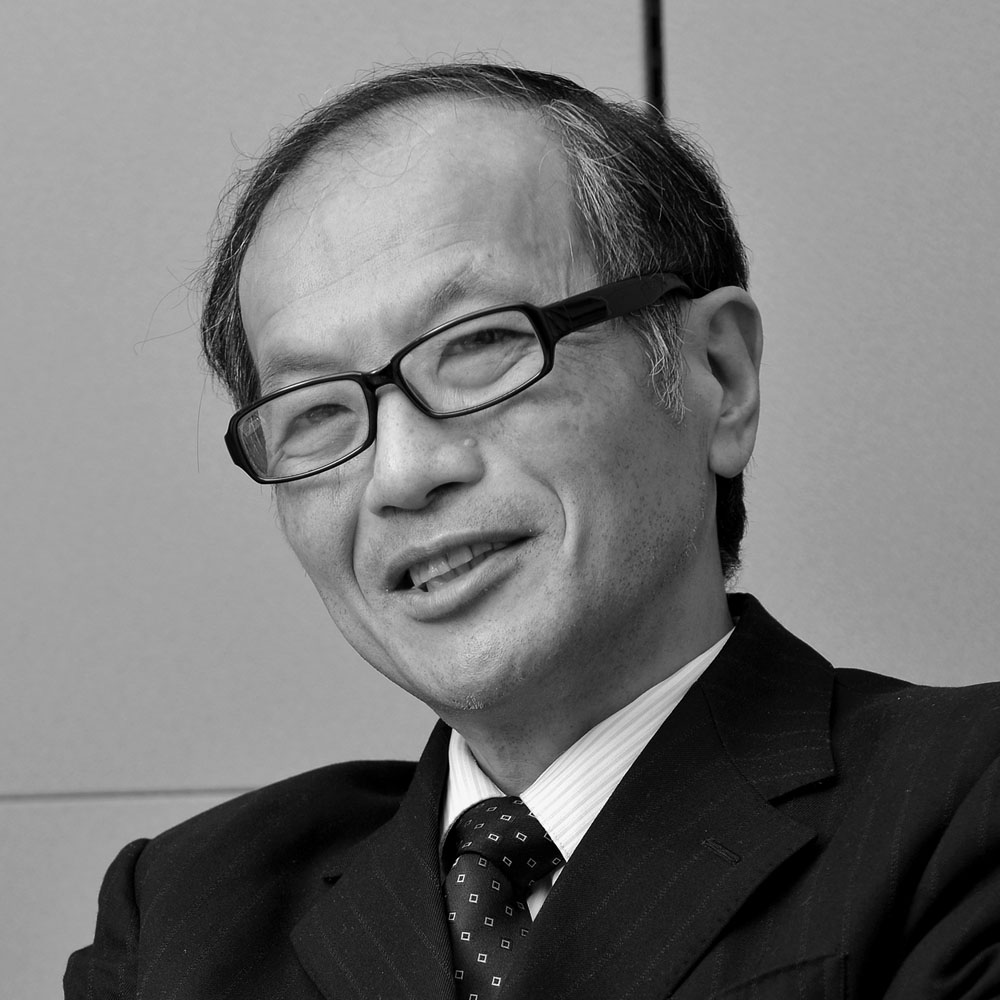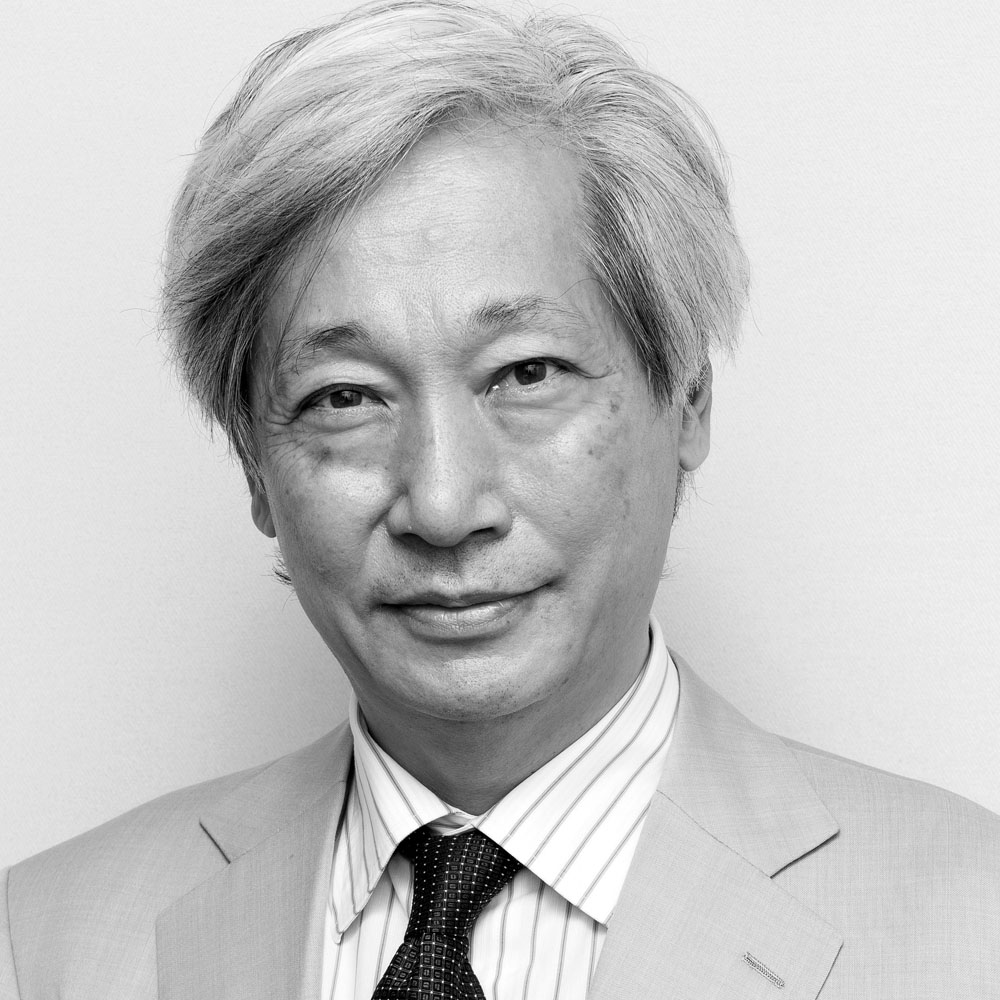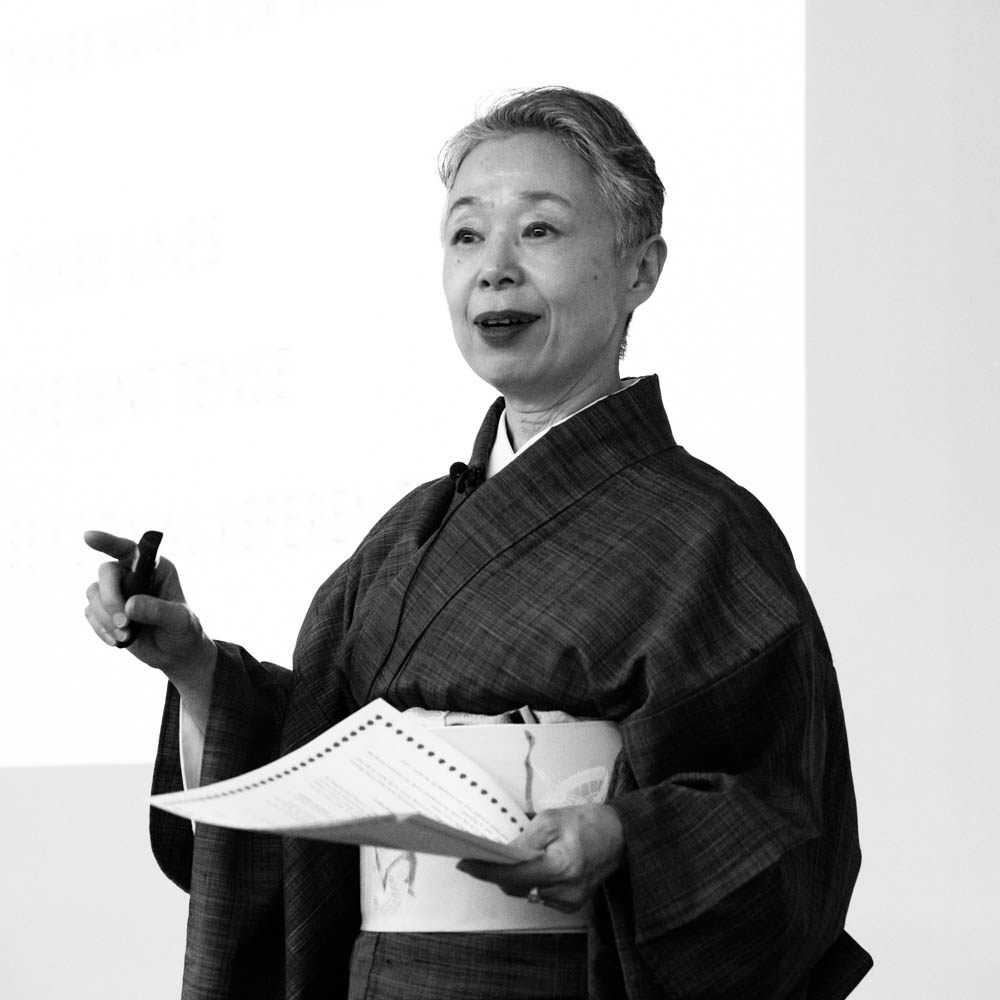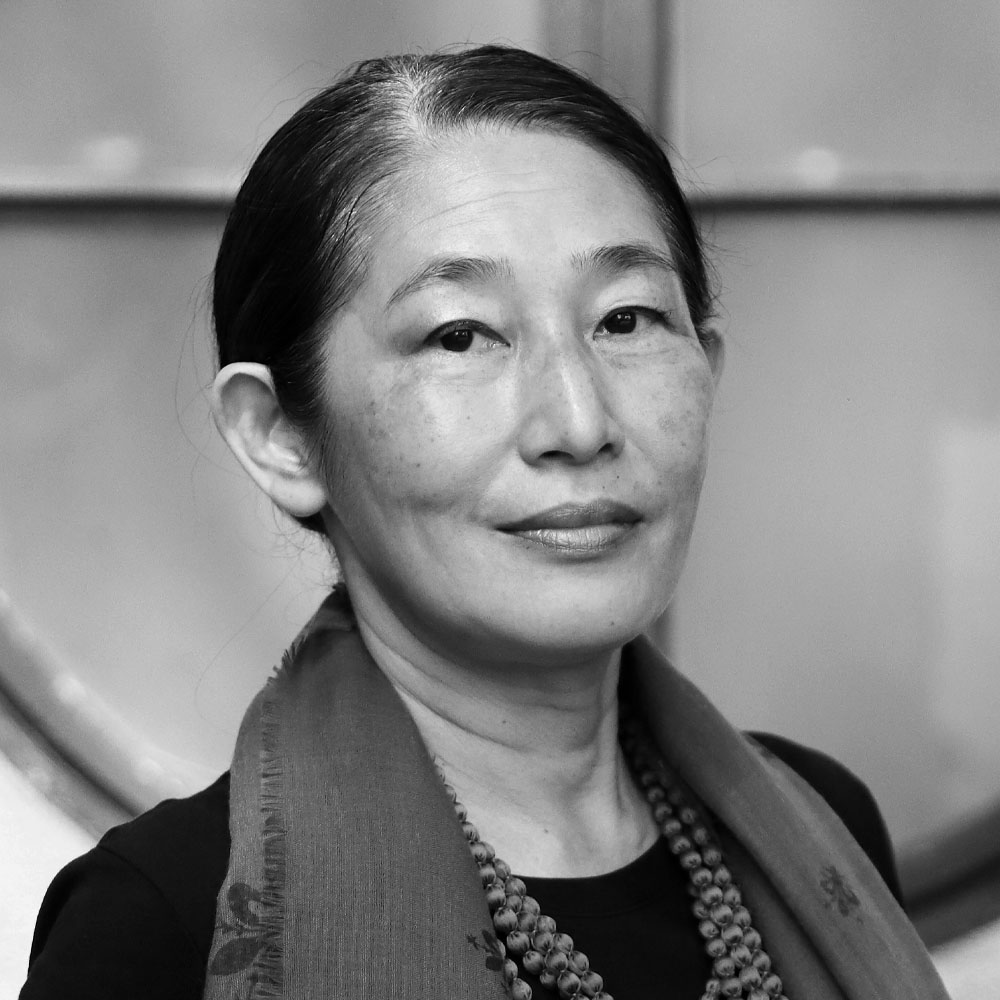
ACSS is organised by IAFOR in association with the IAFOR Research Centre at the Osaka School of International Public Policy (OSIPP) in Osaka University, Japan.
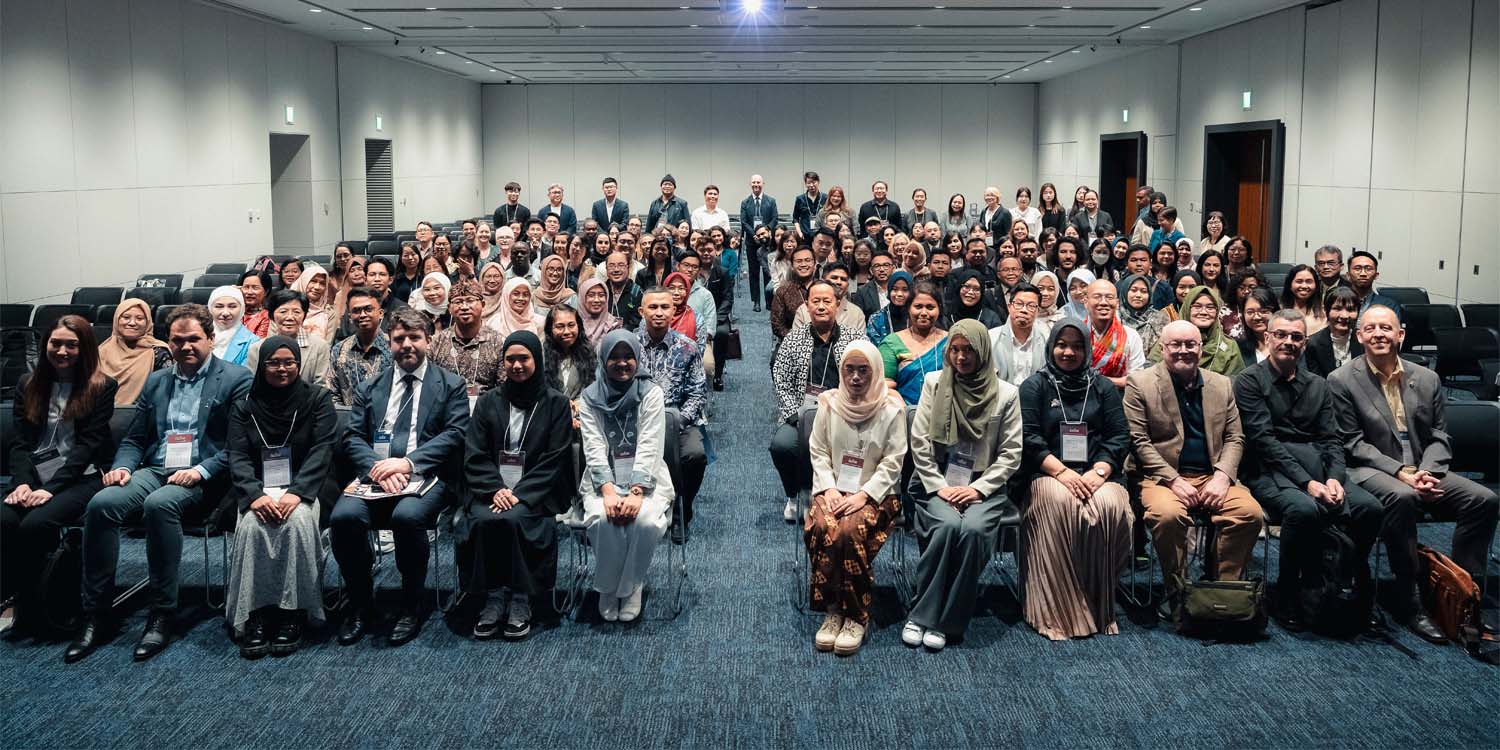
ACAH2025
May 11-16, 2025 | Toshi Center Hotel, Tokyo, Japan, and Online
IAFOR’s May Conference Series, held in late spring in Tokyo, and brought together conferences in the Arts and Humanities (ACAH2025), Social Sciences (ACSS2025) and Cultural Studies (ACCS2025), including 570 delegates from more than 50 countries!
The International Academic Forum’s events are a celebration of the international, intercultural, and interdisciplinary, and made possible by the great diversity of attendance from around the world. They are unique, comparative, and contrastive intellectual spaces for exchange and engagement, and allow us to learn from each other in an environment of scholarly collaboration and conviviality.
Programme
-
Swimming Together: World-Making with Everyday PracticesKeynote Presentation: Rebecca Olive
-
Peace Education in Times of ConflictPanel Presentation: Umberto Ansaldo, Jun Arima, Kiichi Fujiwara
-
Harnessing Technology and Artificial Intelligence for Displaced Population EmpowermentPanel Presentation: Fan Li, Souzan Housseini
-
Turning the Faucet to Full: Expanding the Use of Bormann’s Symbolic Convergence Theory (SCT) in Asian Humanities, Social Science, and Cultural Studies ResearchKeynote Presentation: Thomas G. Endres
-
Global Citizenship: Cultivating a Culture of PeaceForum Discussion: Apipol Sae-Tung, Umberto Ansaldo
Speakers
-
Umberto AnsaldoVinUniversity, Vietnam
-
Jun ArimaUniversity of Tokyo, Japan
-
Thomas G. EndresUniversity of Northern Colorado, United States
-
Kiichi FujiwaraJuntendo University, Japan
-
Suzan HusseiniWaseda University, Japan
-
Marie LallUniversity College London, United Kingdom and Keio University, Japan
-
Fan LiStanford Social Innovation Review, Japan
-
Emiko MiyashitaHaiku International Association, Japan
-
Rebecca OliveRoyal Melbourne Institute of Technology University, Australia
-
Apipol Sae-TungIAFOR, Japan
-
Kyoko UchimuraHaiku International Association, Japan
Conference Committees
The International Academic Board (IAB)
Professor Anne Boddington, IAFOR, Japan (IAB Chair)
Dr Joseph Haldane, IAFOR & The University of Osaka, Japan, & University College London, United Kingdom
Professor Jun Arima, IAFOR & The University of Tokyo, Japan
Professor Virgil Hawkins, IAFOR Research Centre & The University of Osaka, Japan
Mr Lowell Sheppard, IAFOR & Never Too Late Academy, Japan
Professor Umberto Ansaldo, VinUniversity, Vietnam
Dr Susana Barreto, University of Porto, Portugal
Professor Grant Black, Chuo University, Japan
Dr Evangelia Chrysikou, Bartlett School of Sustainable Construction, University College London, United Kingdom
Professor Donald E. Hall, Binghamton University, United States
Professor Brendan Howe, Ewha Womans University, South Korea & The Asian Political and International Studies Association (APISA)
Dr James W. McNally, University of Michigan, United States & NACDA Program on Aging
Conference Programme Committee
Dr Grant Black, Chuo University, Japan
Dr Thomas G. Endres, University of Northern Colorado, United States
Dr Joseph Haldane, The International Academic Forum (IAFOR), Japan
Professor Bradley J. Hamm, Medill School of Journalism, Northwestern University, United States
Professor Donald E. Hall, Binghamton University, United States
Professor Fan Li, LePing Social Entrepreneur Foundation & Stanford Social Innovation Review (SSIR), China
Professor James W. McNally, University of Michigan, United States & NACDA Program on Aging
Professor Sela V. Panapasa, University of Michigan, United States
ACSS2025 Review Committee
Dr Suhaily Abdullah, Politeknik Jeli Kelantan, Malaysia
Professor Dasim Budimansyah, Indonesia University of Education, Indonesia
Professor Debdutta Choudhury, Woxsen University, India
Dr William Crawley, University of West Florida, United States
Dr Jagad Aditya Dewantara, Universitas Tanjungpura, Indonesia
Dr Lorna Dimatatac, Technological Institute of the Philippines, Philippines
Dr Thomas Endres, University of Northern Colorado, United States
Dr Tshililo Ruddy Farisani, Central University of Technology (CUT), South Africa
Dr Iriani Indri Hapsari, Universitas Negeri Jakarta, Indonesia
Dr Masanori Kaneko, Setsunan University, Japan
Dr Megan Kelly, Queen's University Belfast, United Kingdom
Dr Cheng-pin Lai, Department of Psychology at Fu Jen Catholic University, Taiwan
Dr Ponnapa Musikapun, Naresuan University, Thailand
Dr Akio Nawakura, National Federation of Depopulated Municipalities in Japan, Japan
Dr Arbenita Sopaj, Kobe University, Japan
Dr Sing Yun Wong, Universiti Malaysia Sabah, Malaysia
Dr Julia Wong, Singapore Institute of Technology, Singapore
